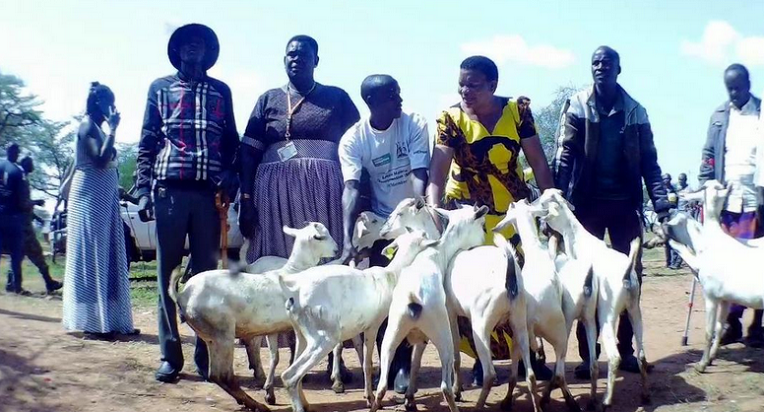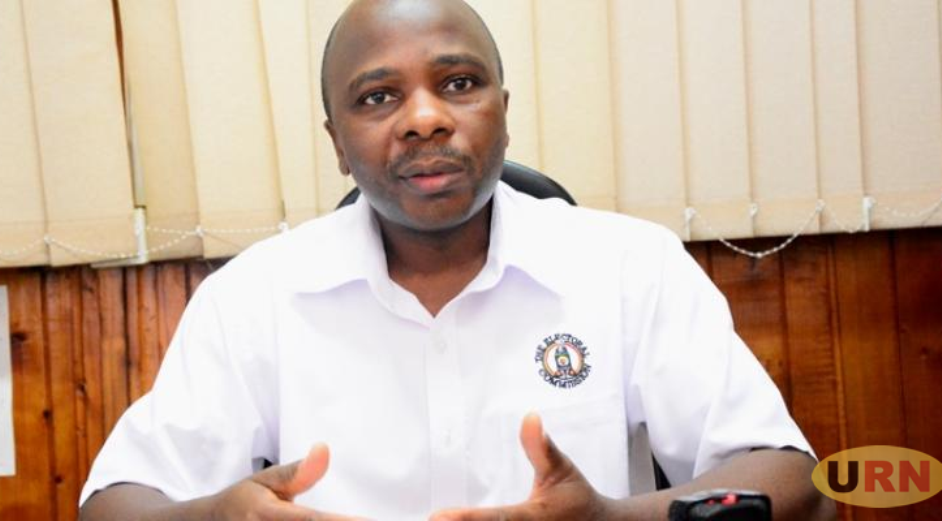Hunger has forced former cattle rustlers in Kotido district to sell off their goats distributed by the government in order to sustain their livelihood.
According to a report from Kotido District authorities, nearly 95 percent of the goats distributed by the government to the reformed rustlers have been sold so as to survive starvation. Each beneficiary received 16 Galla goats, which includes 15 females and one Galla Boer.
The goats were distributed to the former raiders under an improved goat project implemented by the Ministry of Karamoja Affairs.
Robert Kennedy Okuda, the Production Officer for Kotido District says the goats were distributed at the wrong time when people were hit by hunger and had no option but to eat the goats.
Okuda says most of the goats were sold to buy food for the family whereas others died because of the unfavorable climate.
‘’The goats started dying so the community got worried and some resorted to selling them to buy local breeds which are resistant to diseases’’ Okuda said.
Okuda says since the goats were sickly, the community got discouraged from conserving and many preferred to continue rearing their local goats.
Ambrose Onoria, the Resident District Commissioner, says more than 6,000 goats were given out to the beneficiaries out of the intended 18,000. He adds that some of the goats were distributed during the rainy season and the weather affected many, leaving several others dead.
Onoria also observed the community did not understand the value of the Improved goats project because they are used to free handouts.
He also revealed that no arrests of people selling goats have been made because all the attention is on attacks that are becoming a common threat.
Emmanuel Lodio, the Kotido District Speaker blamed the Karamoja Ministry for prioritizing the goats project that he claimed has fueled insecurity in the region. Lodio says the goats project at the time of hunger and insecurity was a big blow.
He said they need projects which are sustainable and should be designed locally to fit the interest of the local community for better results.
“Many times the government has been pushing for us projects which are not viable, we need a bottom-top approach, not the top bottom, that is where they mess up with their own projects ‘’ he lamented.
Lodio noted that the region is very unique and different from other parts of the country and therefore the government should consider engaging the local leaders while choosing the projects aimed at transforming Karamojong communities.
So far, over 74,400 goats are being distributed to 7,155 beneficiaries across the 9 districts of the Karamoja sub-region.
-URN





